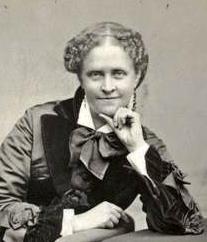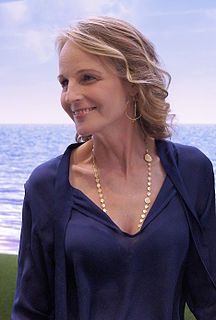A Quote by Masaoka Shiki
Having examined three thousand haiku poems - two persimmons.
Related Quotes
Regarding R. H. Blyth: The first book in English based on the saijiki is R. H. Blyth's Haiku, published in four volumes from 1949 to 1952. After the first, background volume, the remaining three consist of a collection of Japanese haiku with translations, all organized by season, and within the seasons by traditional categories and about three hundred seasonal topics.
If you can find two poems in a book, it could be a pretty good book for you. You know, two poems you really like. There are some poets who are fairly big names in contemporary poetry and who write a book and I might like three or four poems in the book, but the rest of them don't appeal to me personally; but I think that's the way it really ought to be. I think it's really a rare thing to like everything that somebody has written.
The negative about acting is that you have to spend a great deal of time away from your friends and loved ones, but it's not like working a 9-5 job and only having two or three weeks off a year. I may not have seen my girlfriend for two or three months, but then we can spend two or three months together solidly.






































